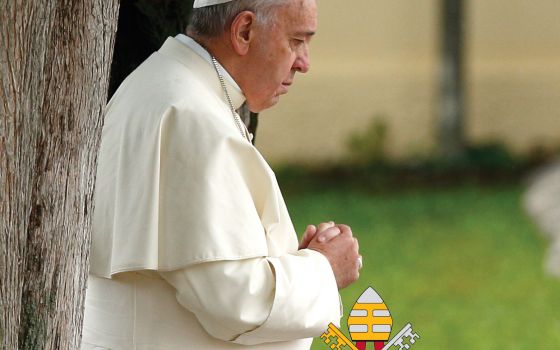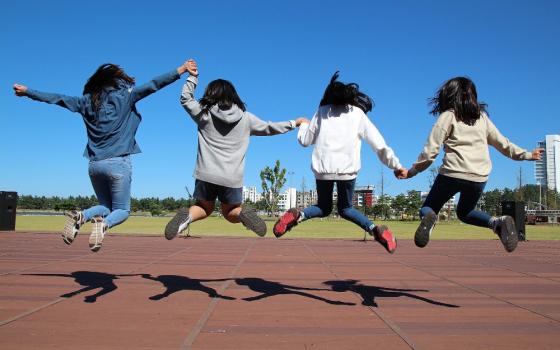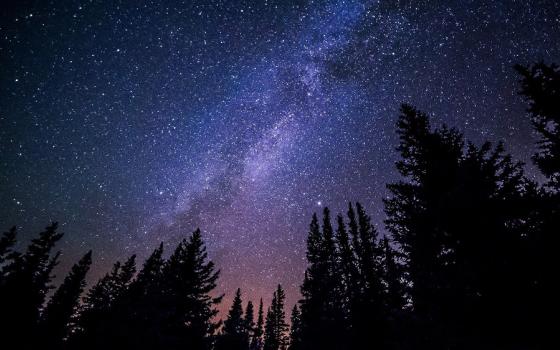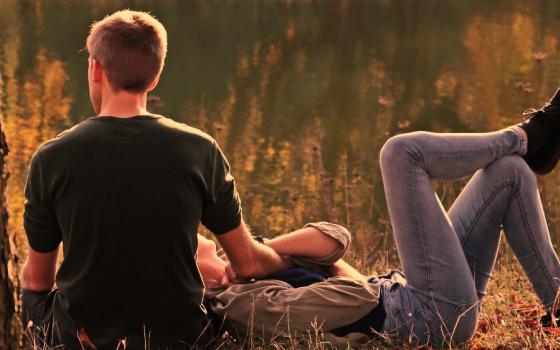READ
Chapter 2, Section 5: A Universal Communion
Chapter 2, Section 6: The Common Destination of Goods
One of the themes that covers both sections 5 and 6 is the unequal distribution of material possessions. Pope Francis points out that "We fail to see that some are mired in desperate and degrading poverty, with no way out, while others have not the faintest idea of what to do with their possessions, vainly showing off their supposed superiority and leaving behind them so much waste which, if it were the case everywhere, would destroy the planet" (90).
Francis further explains how "the earth is essentially a shared inheritance, whose fruits are meant to benefit everyone," and what this means for private property. He writes how this idea was also explored by Pope John Paul II when he said: "'The Church does indeed defend the legitimate right to private property, but she also teaches no less clearly that there is always a social mortgage on all private property, in order that goods may serve the general purpose that God gave them'" (93).
REFLECT
These passages come down to the balance we need to strike between private property and the need to share resources for the common good. I think this idea is best exemplified by "the tragedy of the commons," a phrase that was coined by Garrett Hardin in 1968 to describe situations where individuals tend to exploit shared resources and the demand outweighs supply to the point where the resource becomes unavailable for everyone. This dilemma can be seen in almost every environmental issue or situation involving a common good.
For example, international waters make up two thirds of the entire ocean (half the surface area of the Earth!), and they belong to everyone yet nobody owns them. This presents a major challenge in the high seas because no one can adequately restrict fishing, mining, or polluting activities that endanger the health of marine ecosystems.
Christians are supposed to believe "God created the world for everyone" (93), but it appears we have two problems, one stemming from private ownership that excludes the needs of the poor and the other stemming from overuse of shared resources.
ACT
The tragedy of the commons also plays out in our everyday lives, such as when grocery store shelves were recently depleted of toilet paper, baby wipes, and facemasks. While there were some headlines about hoarders buying an extreme amount of these products, most people just bought a bit extra than they normally would. Still, the result was the same; stores ran out, and the people who really needed these items struggled to find them. Consider: are there areas in your life where you can resist short-term self-interest for the benefit of the long-term common good?
Advertisement








